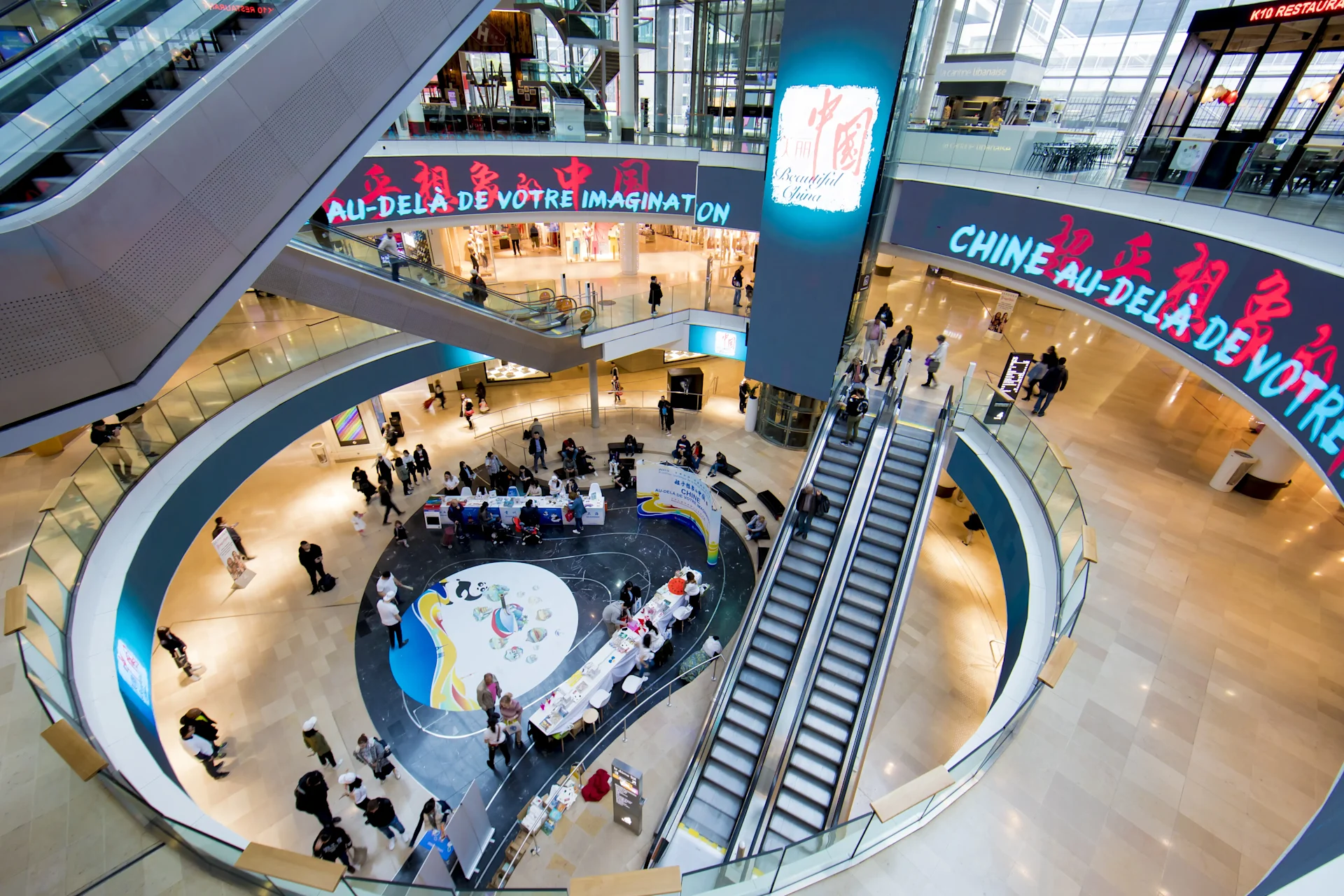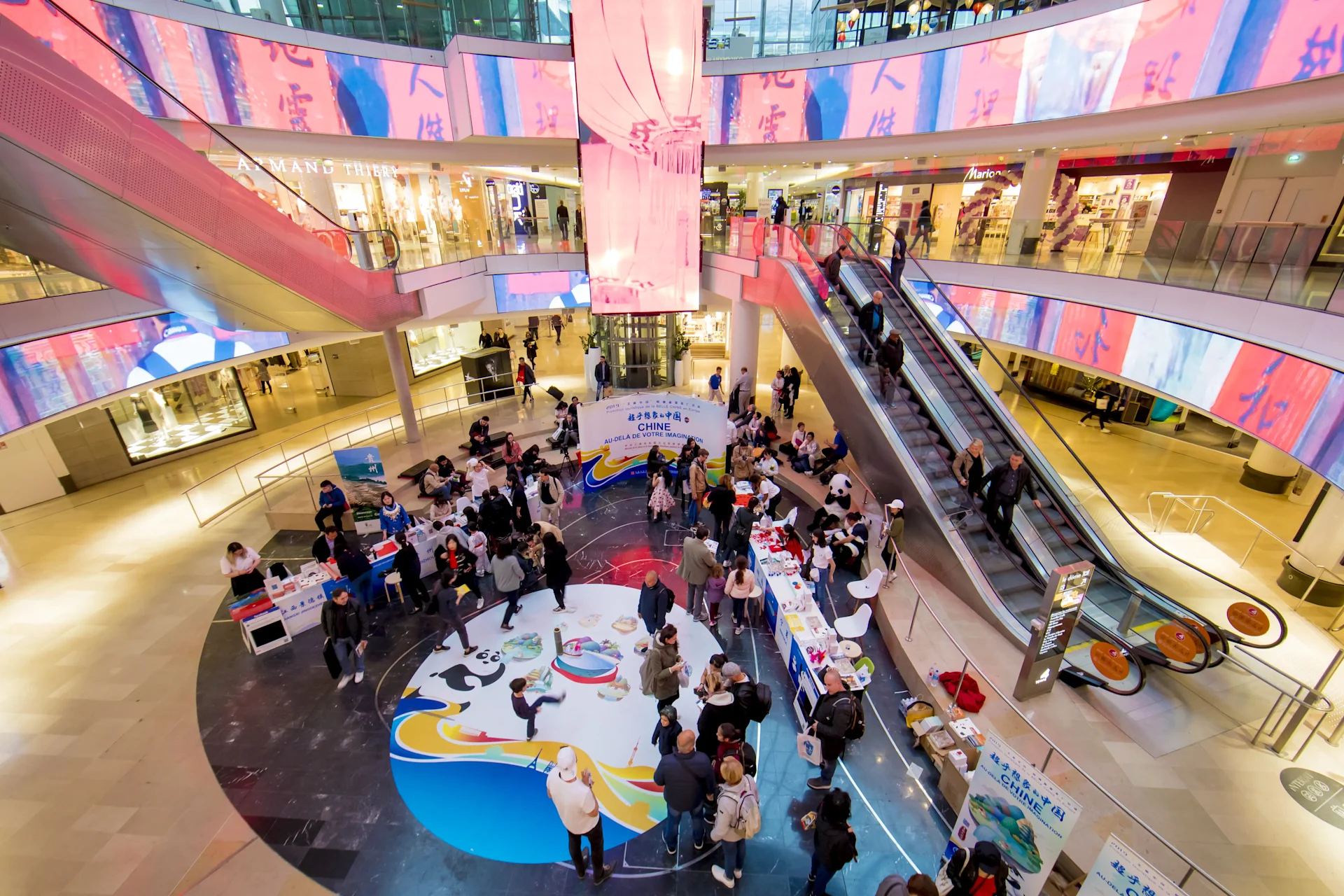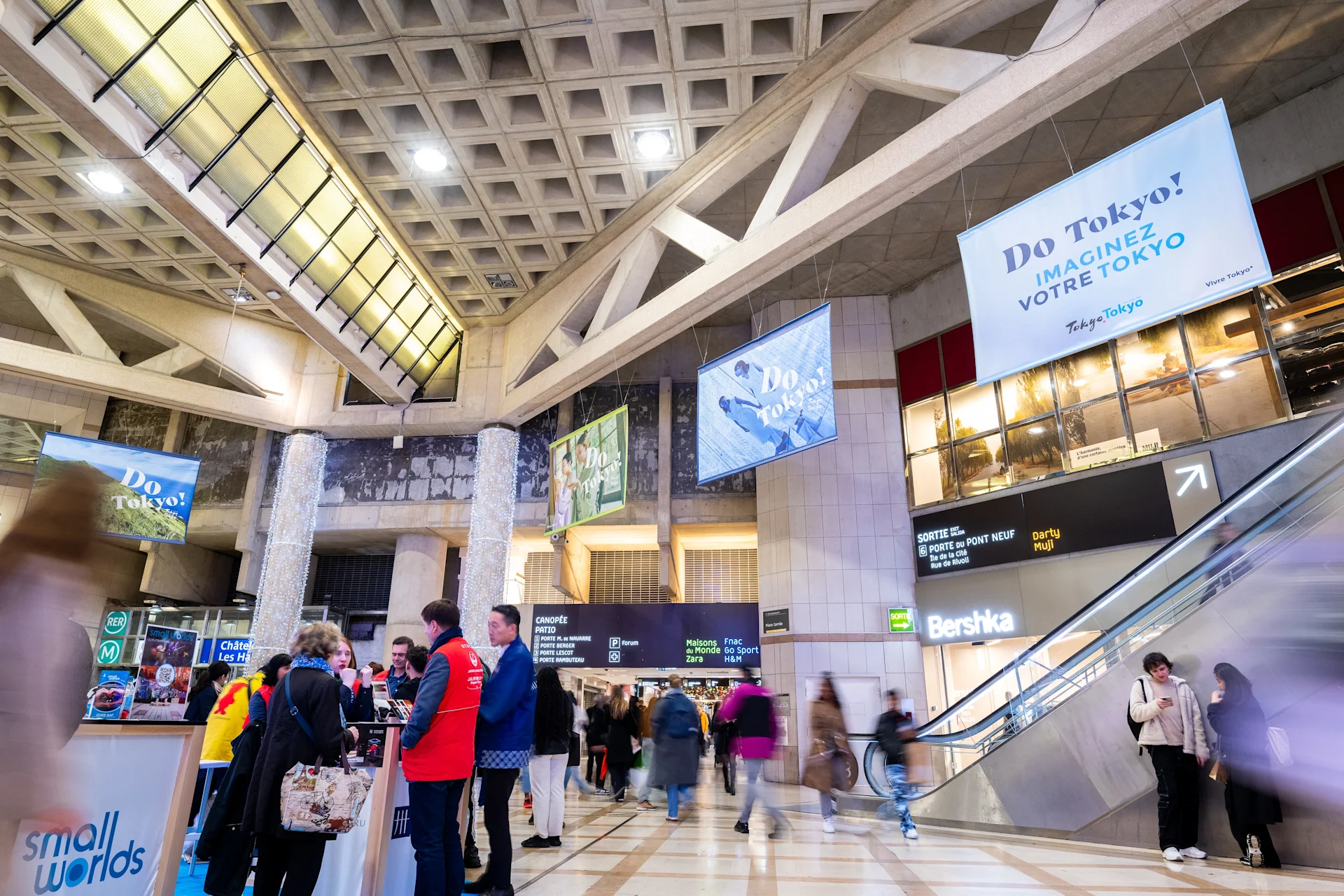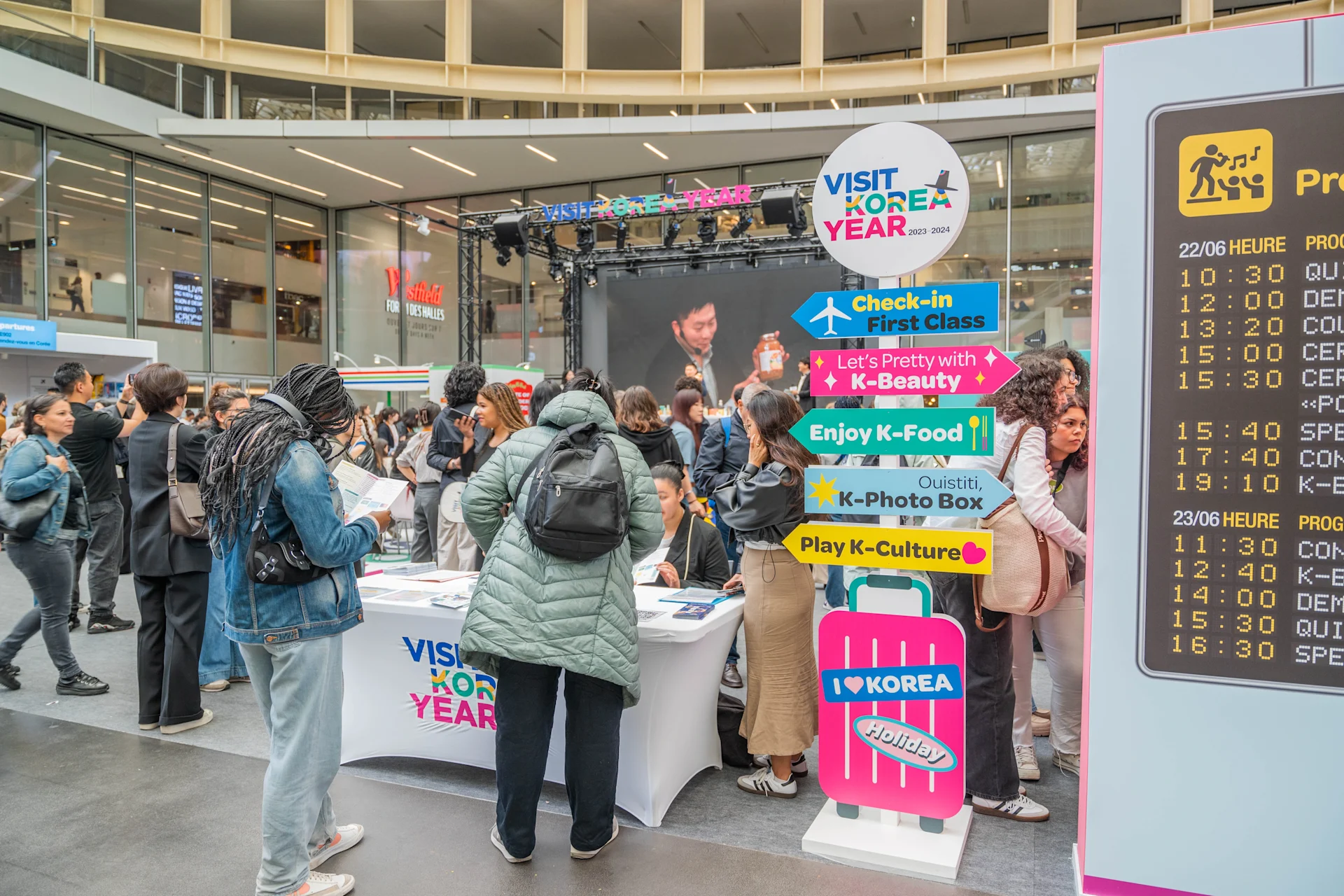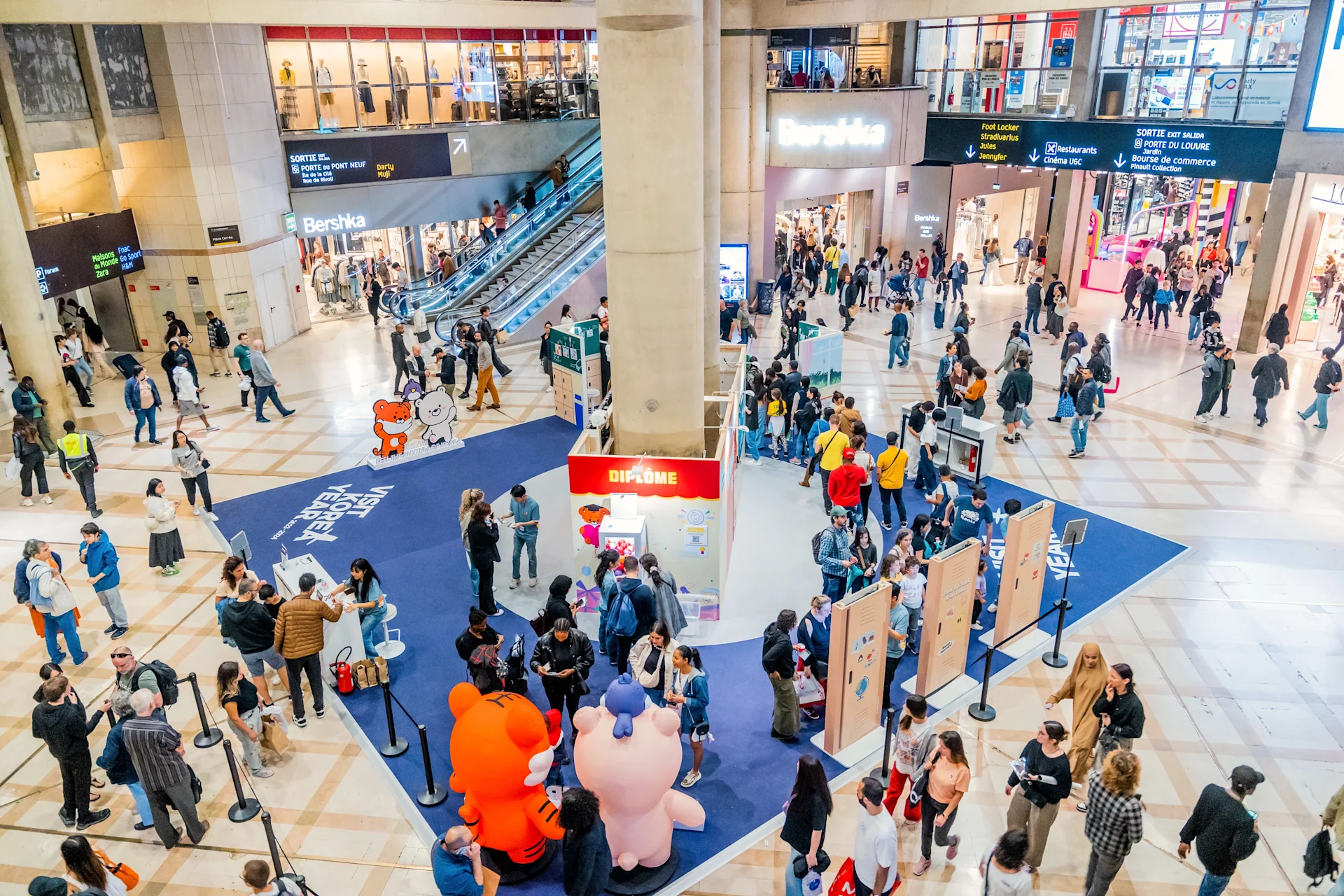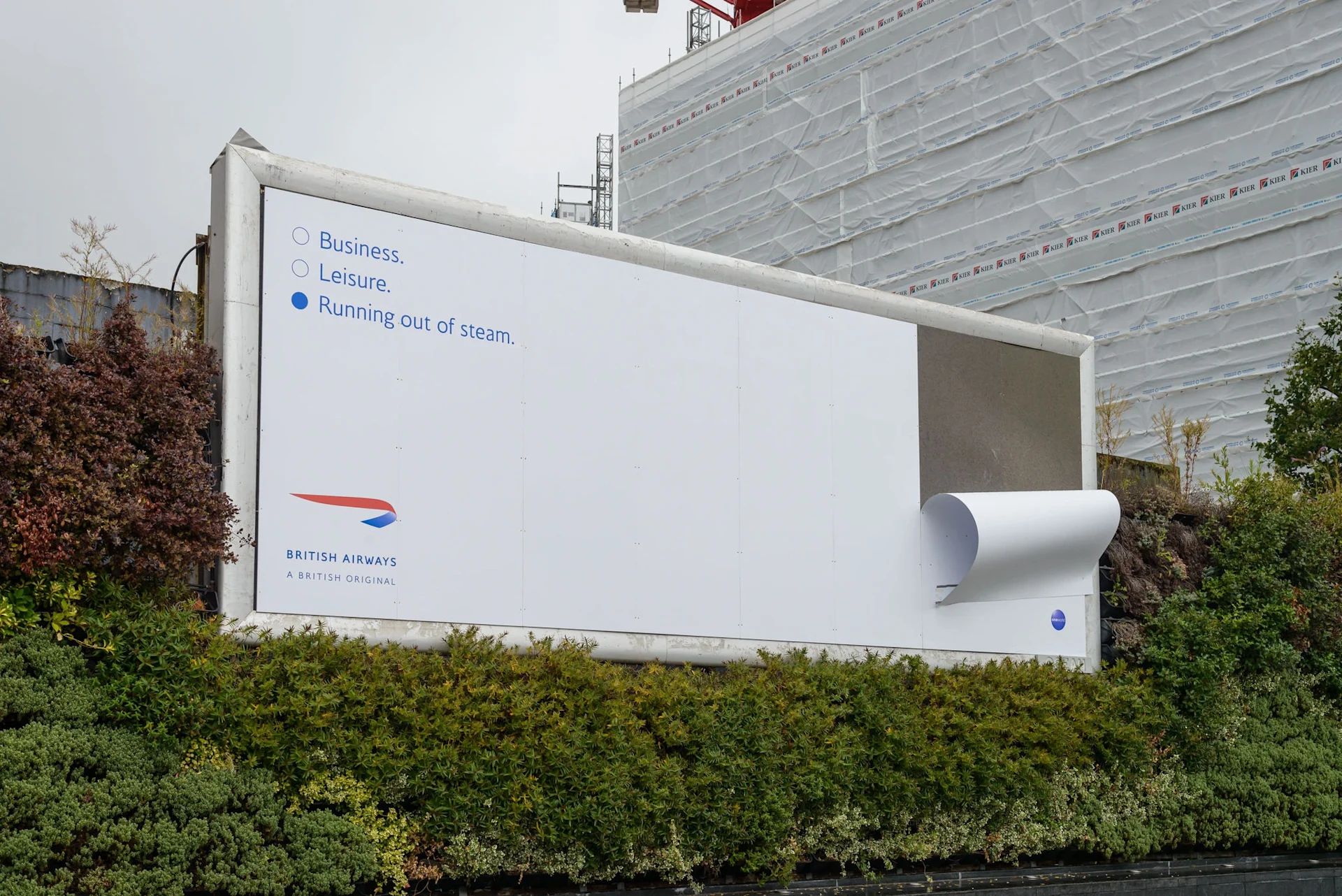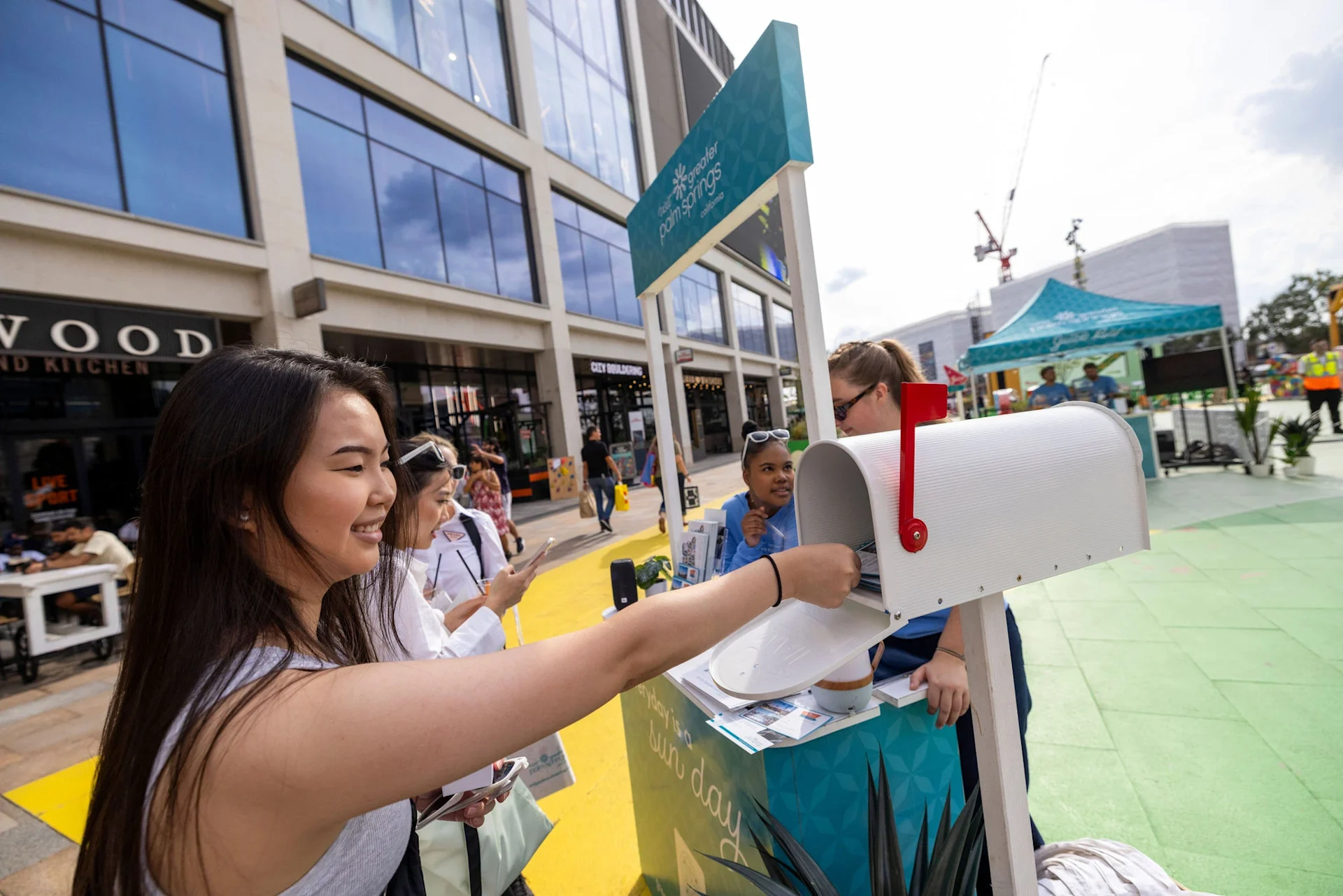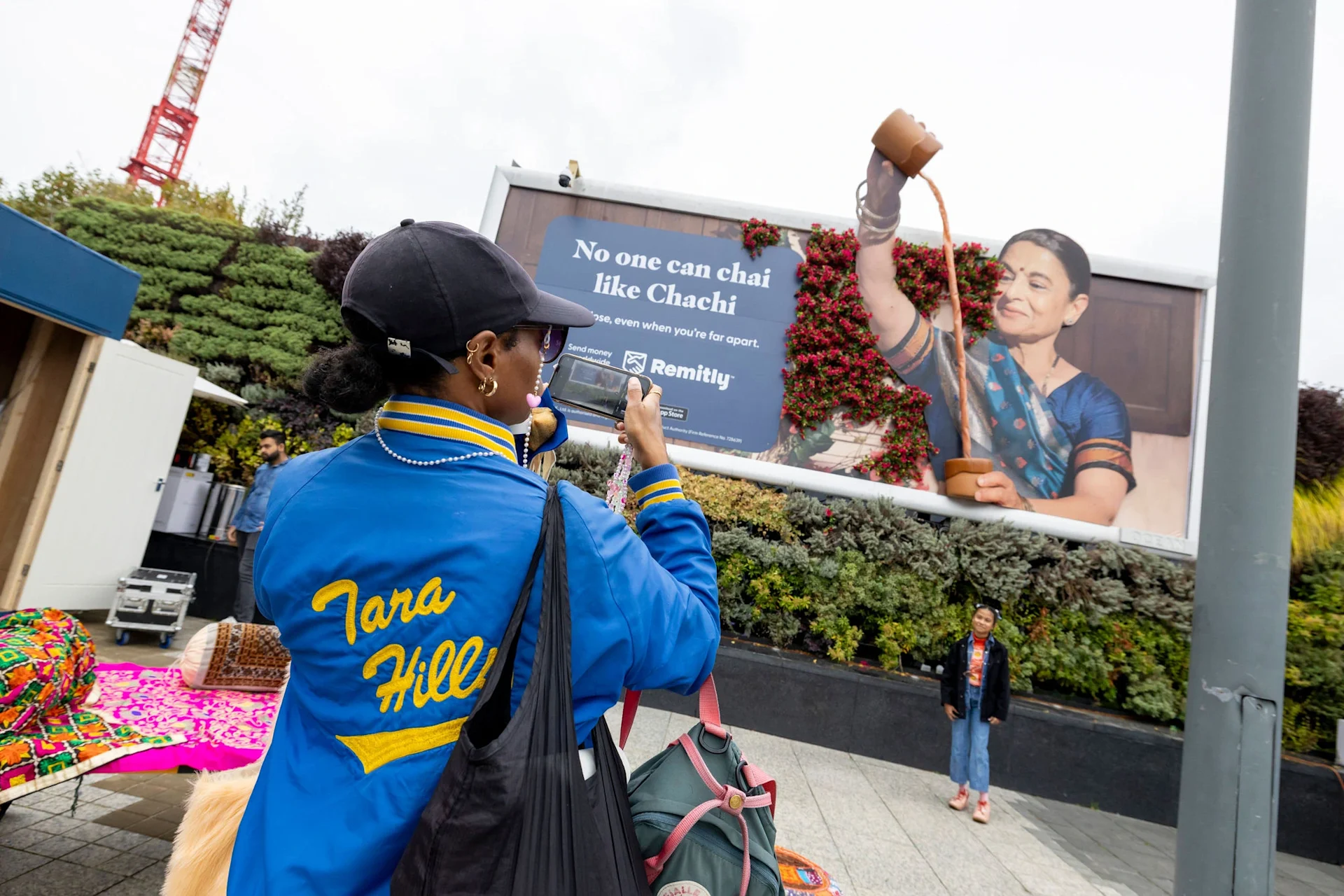How Experiential Travel Marketing Boosts Customer Engagement
In an increasingly competitive travel industry, brands are constantly seeking innovative ways to attract and retain customers. One of the most effective strategies that has emerged in recent years is experiential travel marketing. This approach focuses on creating memorable experiences that resonate with travellers, fostering deeper connections and ultimately enhancing customer loyalty and engagement. By understanding the principles of experiential travel marketing, businesses can cultivate a loyal customer base that not only returns but also advocates for their brand.
Understanding Experiential Travel Marketing
Experiential travel marketing is a strategy that prioritises the creation of immersive experiences over traditional advertising methods. It involves engaging customers in unique, memorable activities that allow them to connect with a destination or brand on a personal level. This approach goes beyond simply promoting a product or service; it aims to create emotional connections that can lead to long-lasting relationships.
The essence of experiential marketing lies in its ability to evoke emotions and create stories. When travellers engage in an experience, they are more likely to remember it and share it with others, thereby amplifying the brand's reach. This form of marketing is particularly effective in the travel sector, where the experiences offered can significantly influence a traveller's decision-making process.
Emotions play a crucial role in travel decision-making. Research indicates that travellers are more likely to choose a destination or service that resonates with their feelings and aspirations. Experiential travel marketing taps into this emotional aspect by crafting experiences that align with the desires and values of potential customers.
For instance, a travel company might offer a culinary tour that not only showcases local cuisine but also tells the story of the region's culture and heritage. By appealing to the traveller's senses and emotions, the brand creates a memorable experience that fosters loyalty and encourages repeat business.
Creating Memorable Experiences
To effectively implement experiential travel marketing, businesses must focus on creating experiences that are not only enjoyable but also memorable. This can be achieved through various strategies, such as personalised itineraries, exclusive access to events, or unique activities that showcase the destination's culture.
For example, a travel agency could organise a behind-the-scenes tour of a famous landmark, allowing customers to engage with the site in a way that typical tourists cannot. Such experiences not only enhance the traveller's enjoyment but also create a sense of exclusivity and connection to the brand.
Building Customer Loyalty Through Engagement
Customer loyalty is essential for any business, and experiential travel marketing offers a unique avenue for fostering this loyalty. By engaging customers through meaningful experiences, brands can build trust and rapport, leading to long-term relationships.
One effective way to enhance engagement is by encouraging customer participation in the marketing process. This can be achieved through user-generated content, where travellers share their experiences on social media or through reviews. By showcasing real customers enjoying their services, brands can create a sense of community and authenticity that resonates with potential clients.
Additionally, brands can leverage customer feedback to improve their offerings. By actively listening to customers and incorporating their suggestions, businesses can demonstrate that they value their clientele, further strengthening the bond between the brand and its customers.
Create a sense of community among travellers. By organising events or activities that bring customers together, brands can create shared experiences that enhance loyalty. For instance, a travel company might host a group adventure trip, allowing participants to connect with one another while exploring a new destination.
Such communal experiences not only enhance customer satisfaction but also encourage repeat business, as travellers are likely to return to a brand that has provided them with meaningful connections and memories.
Utilising Technology in Experiential Marketing
In today's digital age, technology plays a pivotal role in enhancing experiential travel marketing. Brands can utilise various tools and platforms to create immersive experiences that engage customers before, during, and after their travels.
Virtual reality (VR) and augmented reality (AR) are powerful tools that can enhance the travel experience. By offering VR previews of destinations or AR experiences that provide additional information during a trip, brands can create a more engaging and informative experience for travellers.
For example, a travel agency might offer a VR tour of a popular destination, allowing potential customers to explore the area before booking their trip. This not only helps travellers make informed decisions but also creates excitement and anticipation for their upcoming journey.
Social media platforms are invaluable for experiential travel marketing. Brands can use these channels to share customer experiences, promote events, and engage with their audience in real-time. By creating shareable content and encouraging customers to post about their experiences, brands can amplify their reach and foster a sense of community among travellers.
Moreover, social media allows brands to respond to customer inquiries and feedback promptly, demonstrating their commitment to customer satisfaction and enhancing loyalty.
Measuring the Impact of Experiential Travel Marketing
To understand the effectiveness of experiential travel marketing, businesses must implement strategies to measure its impact on customer loyalty and engagement. This can be achieved through various metrics and tools that assess customer satisfaction, retention rates, and overall brand perception.
One of the most straightforward methods of measuring the impact of experiential marketing is through customer feedback and surveys. By soliciting input from travellers about their experiences, brands can gain valuable insights into what resonates with their audience and what areas may need improvement.
Additionally, analysing customer reviews and testimonials can provide further evidence of the effectiveness of experiential marketing efforts. Positive feedback can be leveraged in promotional materials, while constructive criticism can inform future strategies.
In Summary
Experiential travel marketing is a powerful strategy that can significantly boost customer loyalty and engagement. By creating memorable experiences that resonate with travellers on an emotional level, brands can foster deeper connections and cultivate a loyal customer base. Through the use of technology, community-building efforts, and effective measurement strategies, businesses can harness the full potential of experiential marketing to thrive in the competitive travel industry.
As the landscape of travel continues to evolve, embracing experiential marketing will be essential for brands seeking to differentiate themselves and create lasting relationships with their customers. By prioritising experiences over mere transactions, businesses can ensure that they remain relevant and appealing to the modern traveller.

